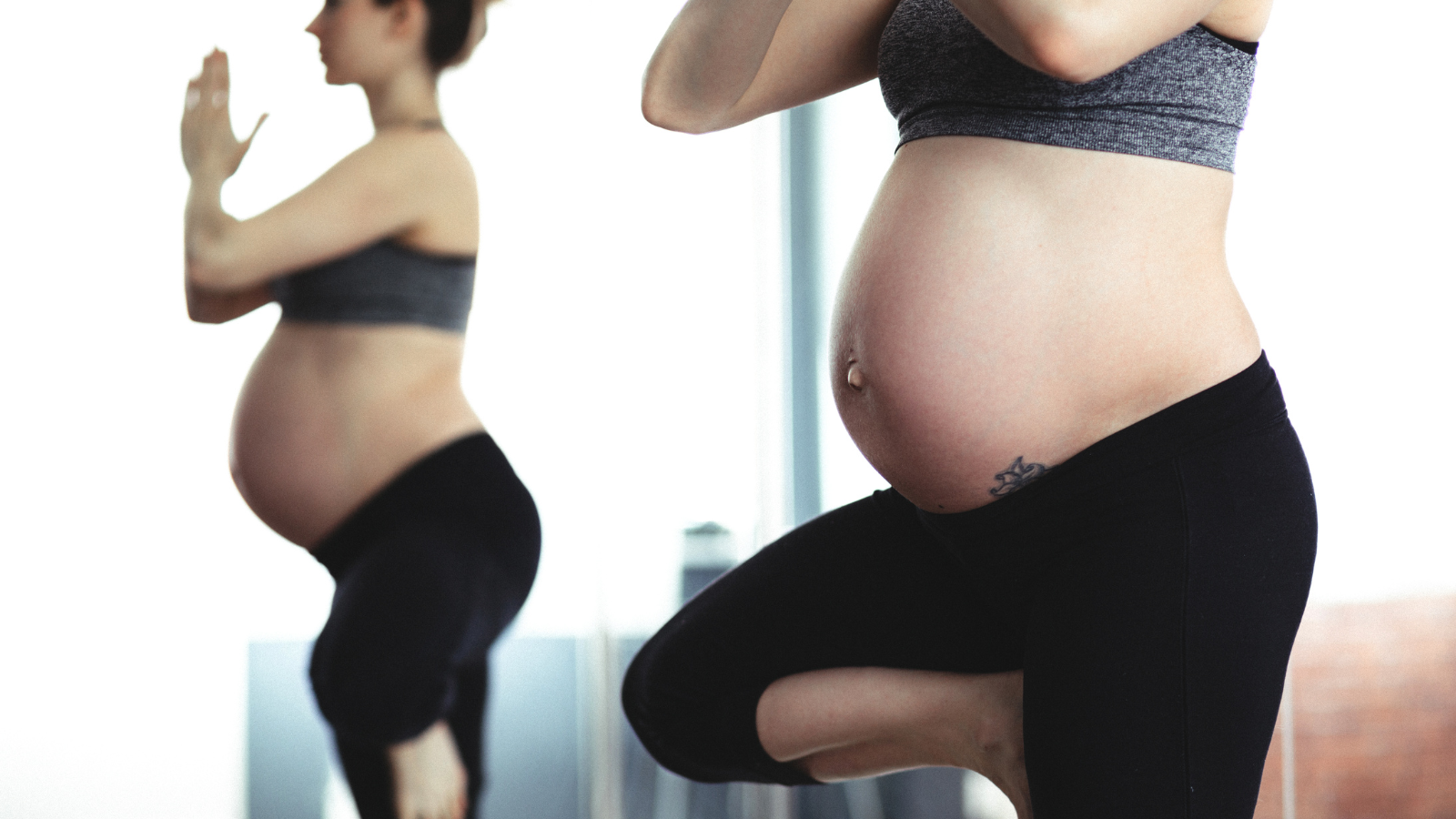
‘Am I pregnant?’ is only the start. Once you’ve confirmed that there is, in fact, a tiny human growing inside of you, a number of questions may pop up in your mind. More often than not, at the most inopportune times (like when you’re trying to sleep!).
Despite an abundance of ways to find answers—from websites to books, forums, and friends—you may not know where to begin. That’s why we’ve rounded up three common questions that mamas-to-be like you may be searching, at all hours of the day and night:
1. How Much Weight Should I Gain for a Healthy Pregnancy?
The number of pounds you should put on depends on many factors. Your body mass index (BMI) before becoming pregnant, for example, is one to keep in mind. In general, women are advised to gain 25-35 pounds, if their pre-pregnancy BMI was within the normal BMI range.
The number of babies you’re carrying also makes a difference in how much weight gain you can expect. For twin pregnancies, mothers are advised to gain:
- 37-54 pounds (if their pre-pregnancy BMI is between 18.5 and 24.9)
- 31-50 pounds (if their pre-pregnancy BMI is between 26 and 30)
- 25-42 pounds (if their pre-pregnancy BMI is greater than 30)
For moms pregnant with more than two babies, healthcare providers can offer guidance based on the number.
2. What Should I Eat (or Avoid) for a Healthy Pregnancy?
Contrary to the phrase ‘eating for two,’ it’s now recommended to just eat twice as well when pregnant. During this time, most women only need to eat a few hundred calories more than usual. Those calories can come in the form of vegetables, fruits, whole grains, and other foods that fuel your body (and your baby’s).
A number of nutrients in those foods are also known to support babies’ growth. Calcium, folate, and iron are just a few. If it’s hard to keep track of them all, don’t worry. Mamas can also take prenatal vitamins to get all of the nutrients that they and their babies need.
As for which foods to avoid, they include:
- Alcohol
- Raw and undercooked meat, eggs, and seafood
- Soft cheeses (unless they are pasteurized)
- Deli counter items, like lunch meats and prepared salads
Some foods are okay to eat as long as they’re prepared correctly, so there’s no reason to give them up entirely. Like a lot of things during pregnancy, meal prepping may just require extra time and planning.
3. Are There Activities I Should Stop or Limit to Ensure That I Have a Healthy Pregnancy?
Expecting mamas who have to deal with morning sickness, or other symptoms, may not have a ton of energy. On the flip side, others may feel okay keeping up with the activities they did before baby. Both are normal—and just because someone may feel one way on a given day, they may not the next. That’s why it’s important for pregnant people to listen to their bodies, and give themselves grace throughout the process.
Keeping that in mind, exercise is proven to benefit most mamas. But they should take care not to over-stress their bodies, no matter how fit they were prior to becoming pregnant. That may require them to stop doing certain exercises or to adapt them to be more low-impact. Or, to reduce the risk of injury, such as switching from cycling to riding a stationary bike.
A pregnant person may be advised on these activities as well:
- Having sex: If someone is at risk of preterm labor or placenta issues, they may be guided to not have sex while pregnant. Most mamas, however, may choose to have sex based on their comfort level.
- Cleaning the house: Some chemicals used for household chores, like bleach, are harmful. If not cleaning is not an option, gloves and other precautions can help reduce risks.
- Working: Depending on one’s job, they may need to take precautions while working. Doing so could prevent accidents or preterm labor.
One Answer Doesn’t Fit All Mamas
Even if a question seems simple, it may not always have a straightforward answer. That’s all the more true during pregnancy. From one mama to the next, the three questions above may apply in vastly different ways.
For example, ‘How much weight should I gain?’ means something else when it ends in other ways:
- …if I have gestational diabetes?
- …if I’m an athlete?
- …if I’m already considered overweight or underweight?
The same goes for the question, ‘What should I eat (or avoid)?’
- …if I can only eat kosher foods?
- …if I live in a food desert and have limited access to healthy foods?
- …if I have morning sickness and can’t keep food down?
And the list goes on and on.
Where Research—and Your Help—Can Make an Impact
It goes without saying that while pregnancy is a special journey, it is not the same for everyone. But as of now, pregnant people are one of the most understudied groups in research. There is much more to learn, and relevant data is still lacking.
That’s where you can help: by signing up for the free, home-based PowerMom study. From there, you’ll be able to share your pregnancy experience with a team of researchers. If you are approved to join, you may get a free Fitbit to help you track key health metrics.
As a partner, you’ll be able to share data from your fitness devices (like sleep, activity, and heart rate). You’ll also be able to take 5-minute surveys about your pregnancy journey. What you provide may lead to learnings that benefit health outcomes for all moms. Your input could lend itself to articles like this one, and the answers they may offer for other mamas.
The power of a healthy pregnancy is in your hands. Learn more and get started on the PowerMom website today.




